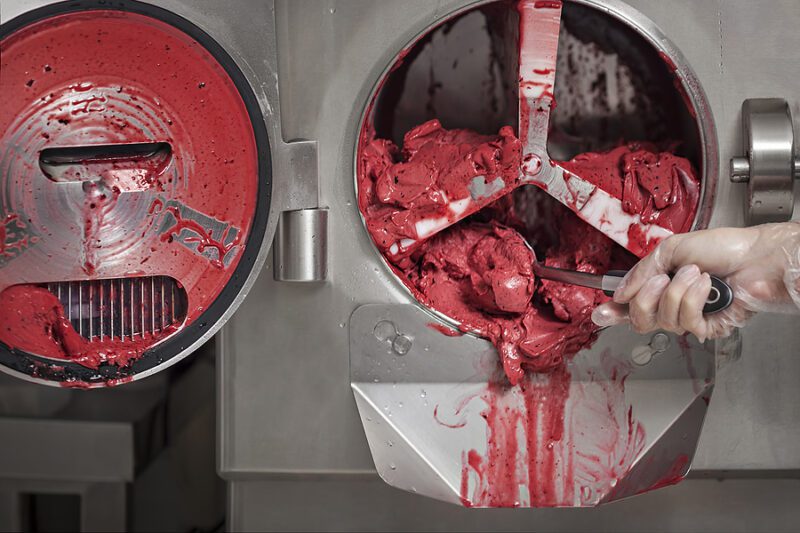LAKEWOOD, NJ – Despite two severe amputation injuries in 2018 and 2020 on the same machine at a Lakewood ice cream manufacturing plant, a recent federal safety and health inspection found the company continues to ignore protocols designed to prevent other workers from suffering similar injuries.
A maintenance mechanic lost two fingers while repairing an ice cream wrapper machine. Following a September 2020 investigation, OSHA found that Fieldbrook Foods Corp. willfully failed to shut down and isolate energy to the machine during repair work. The U.S. Department of Labor’s Occupational Safety and Health Administration has proposed $237,176 in penalties.
The same machine was involved in a 2018 incident in which a sanitation worker lost one finger and fractured another when his fingers got caught while repairing the jammed equipment.
In both instances, OSHA found Fieldbrook Foods Corp. violated safety standards for preventing accidental machine startup, a process known as lockout/tagout. The company employs about 200 workers in Lakewood.
“Fieldbrook Foods knew that machines must be completely disabled before workers perform service and maintenance. Instead of addressing the cited amputation hazards which led to two serious injuries, the company continues to expose its workers to dangerous machinery,” said OSHA Area Director Paula Dixon-Roderick, in Marlton, New Jersey.
Fieldbrook Foods Corp., a subsidiary of Wells Enterprises Inc., produces and sells frozen desserts under the Blue Bunny, Blue Ribbon, Original Bomb Pop and other brands. The company is the largest privately held, family-owned ice cream manufacturer in the U.S. Founded in 1913 in LeMars, Iowa, Wells produces more than 150 million gallons of ice cream per year and distributes products in all 50 states.
